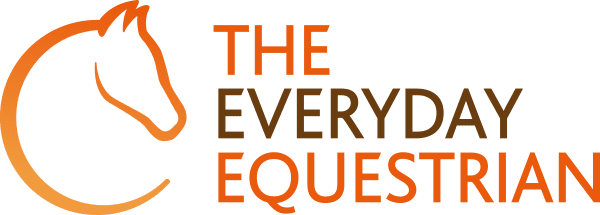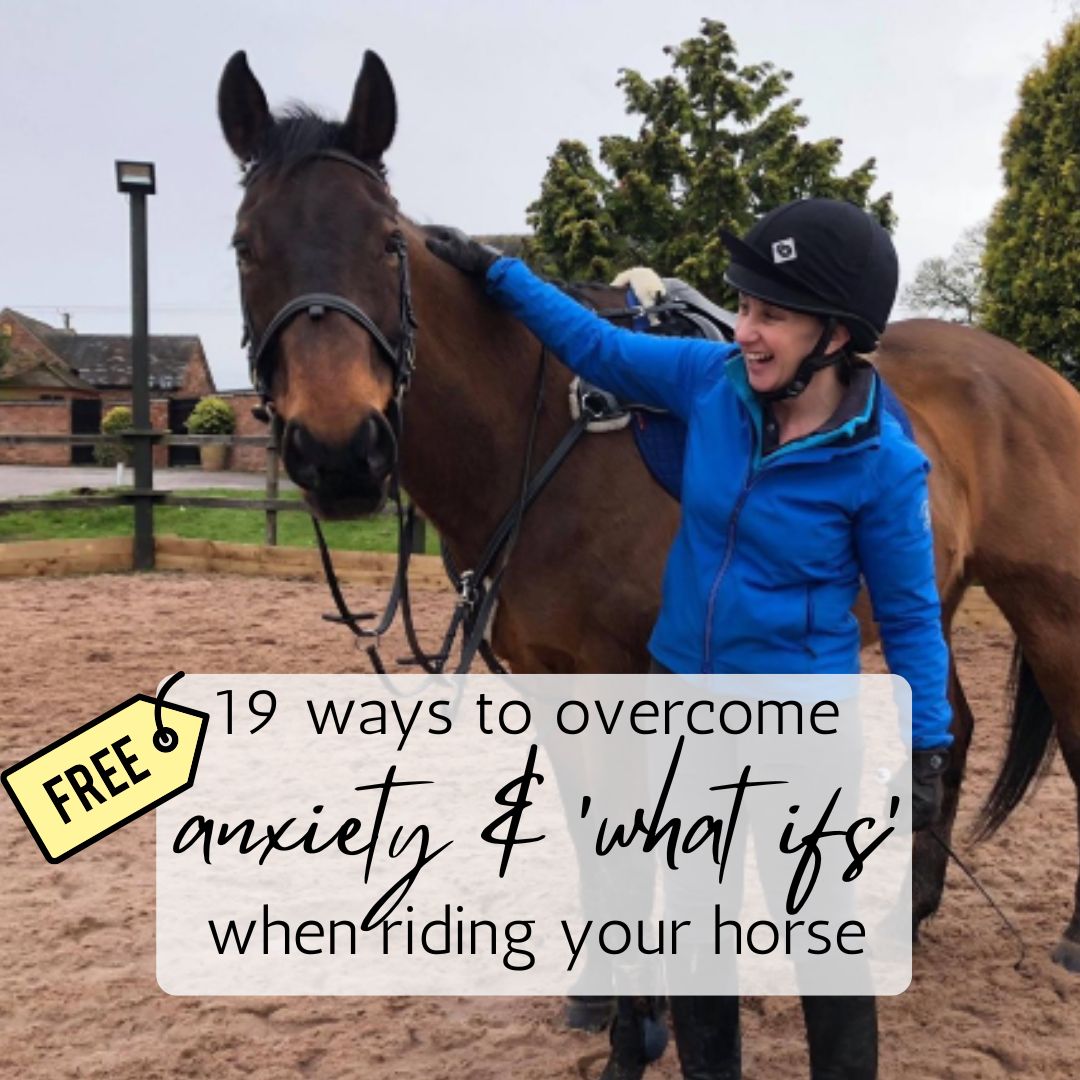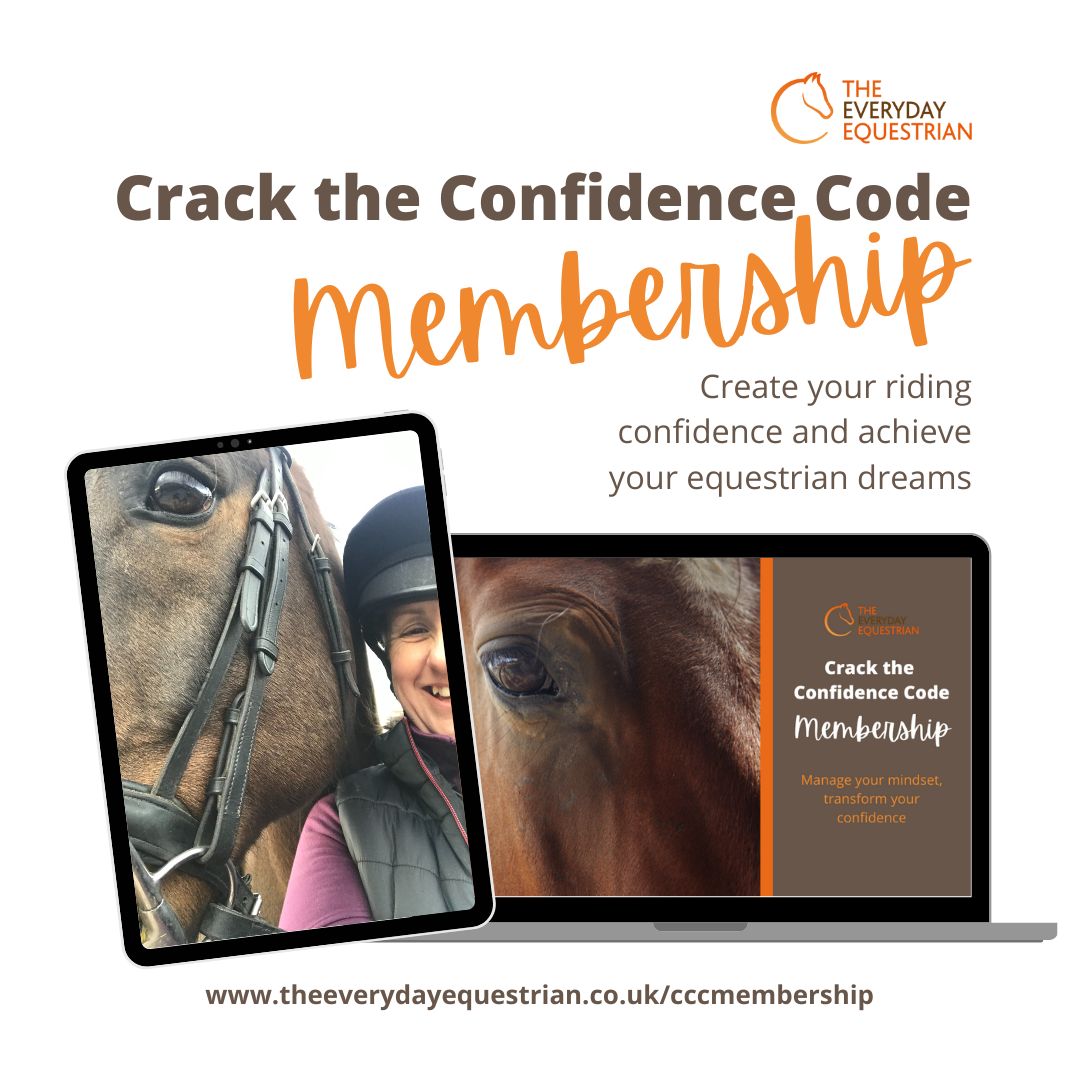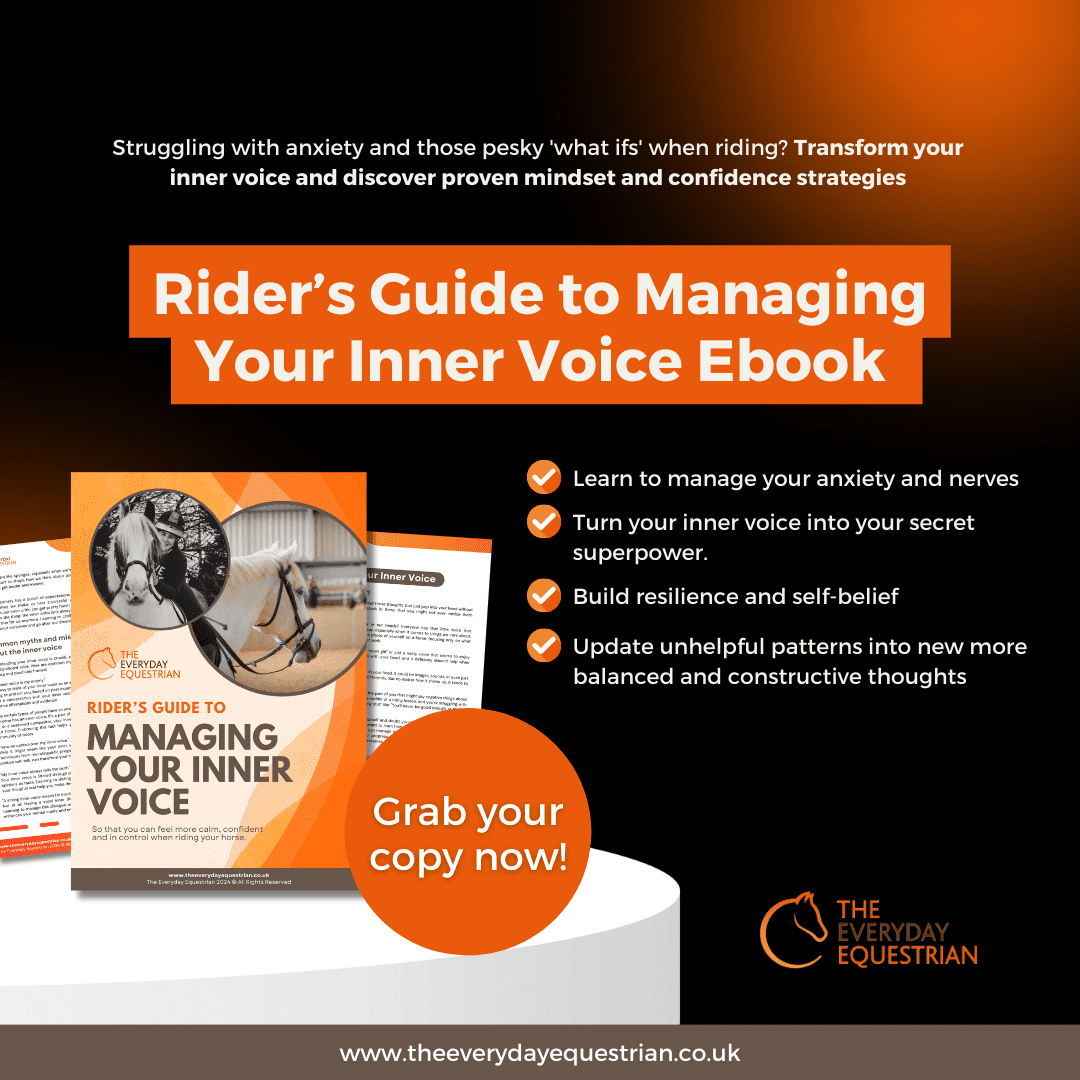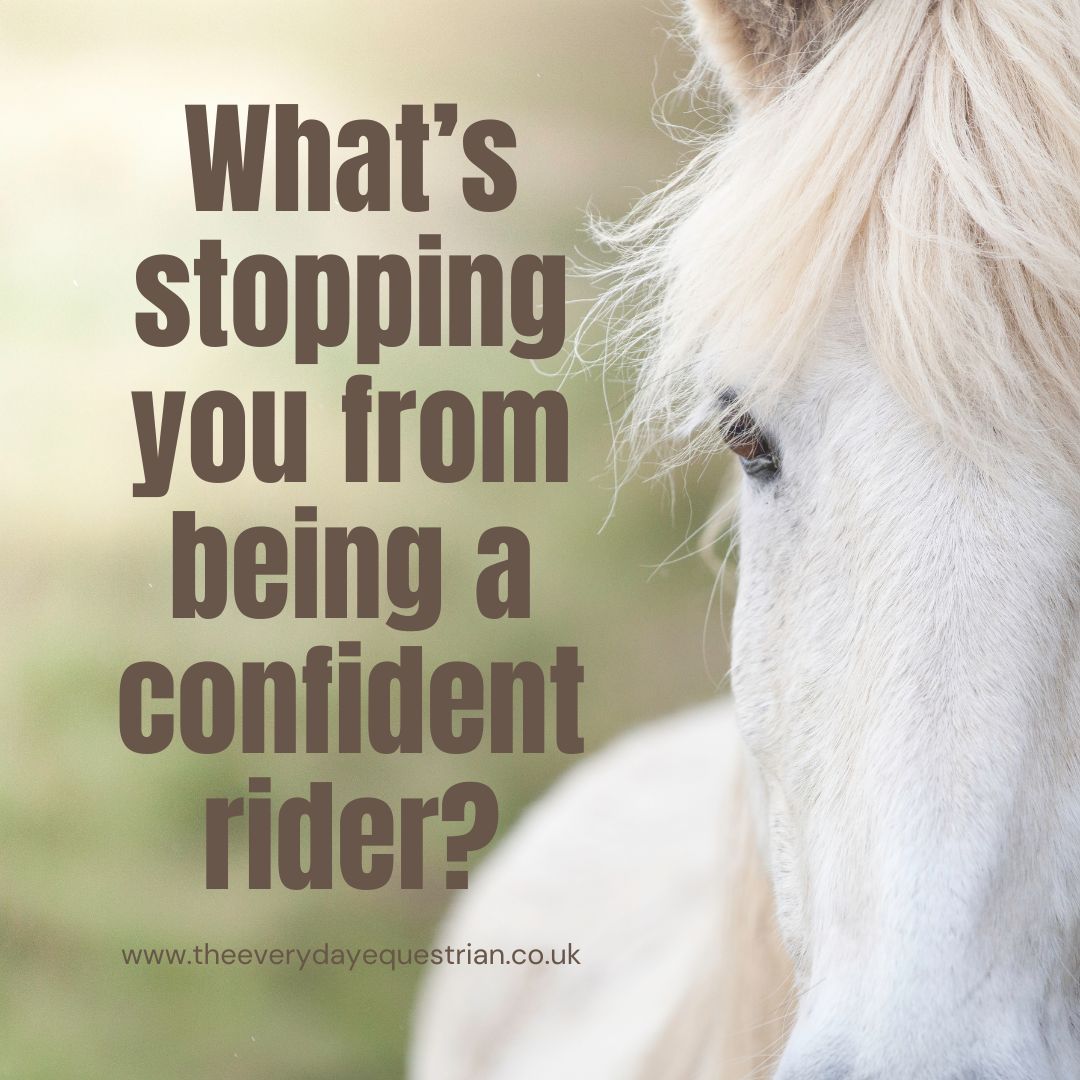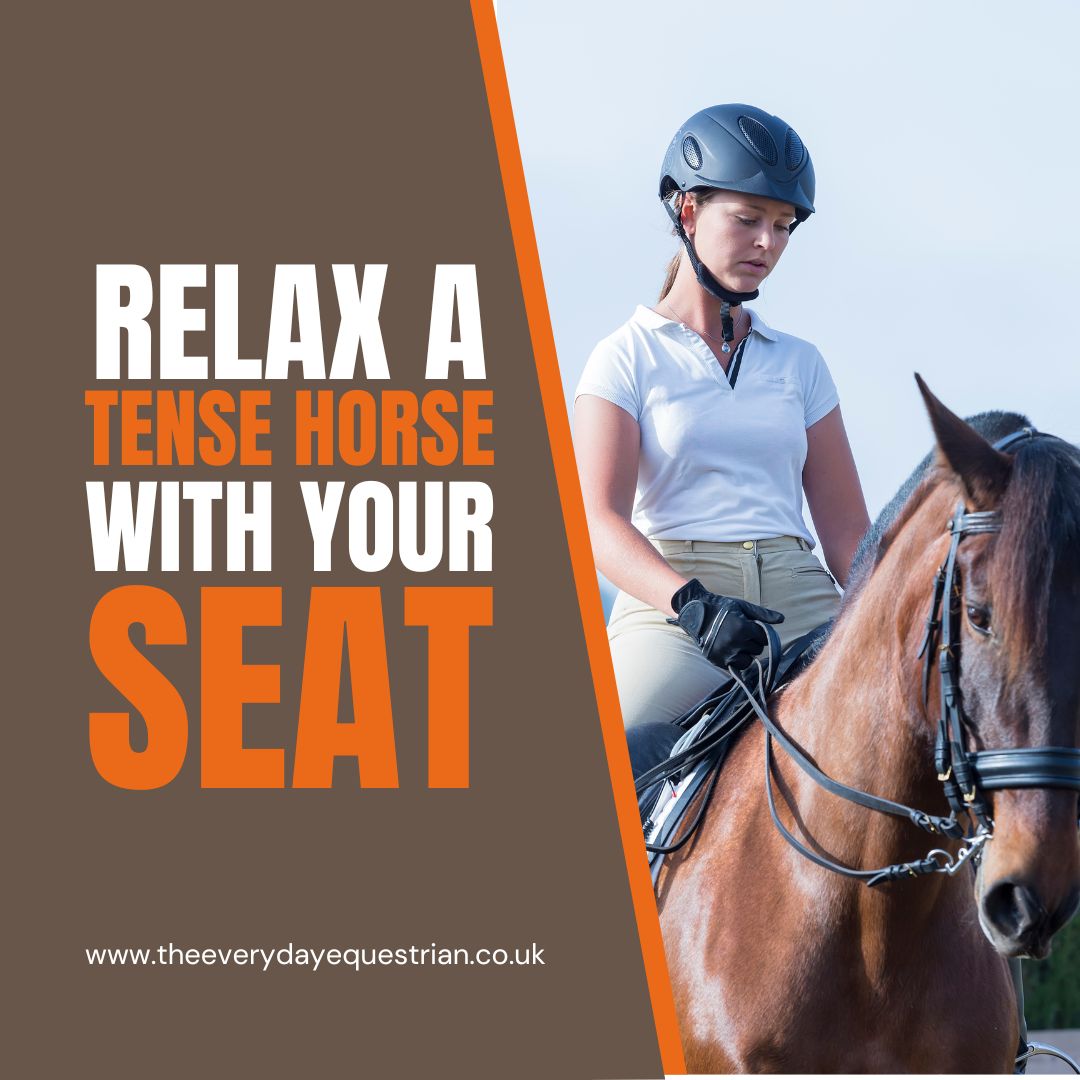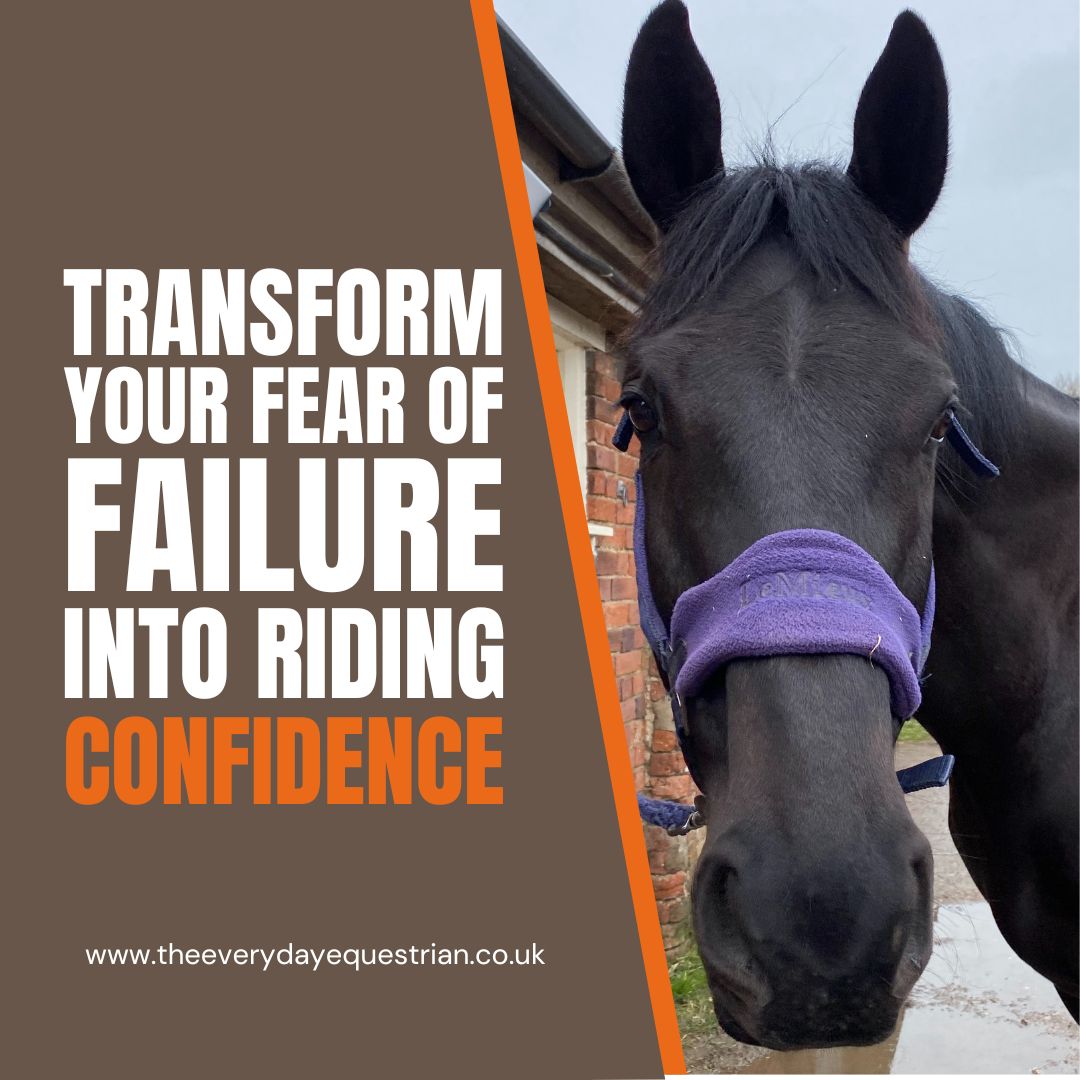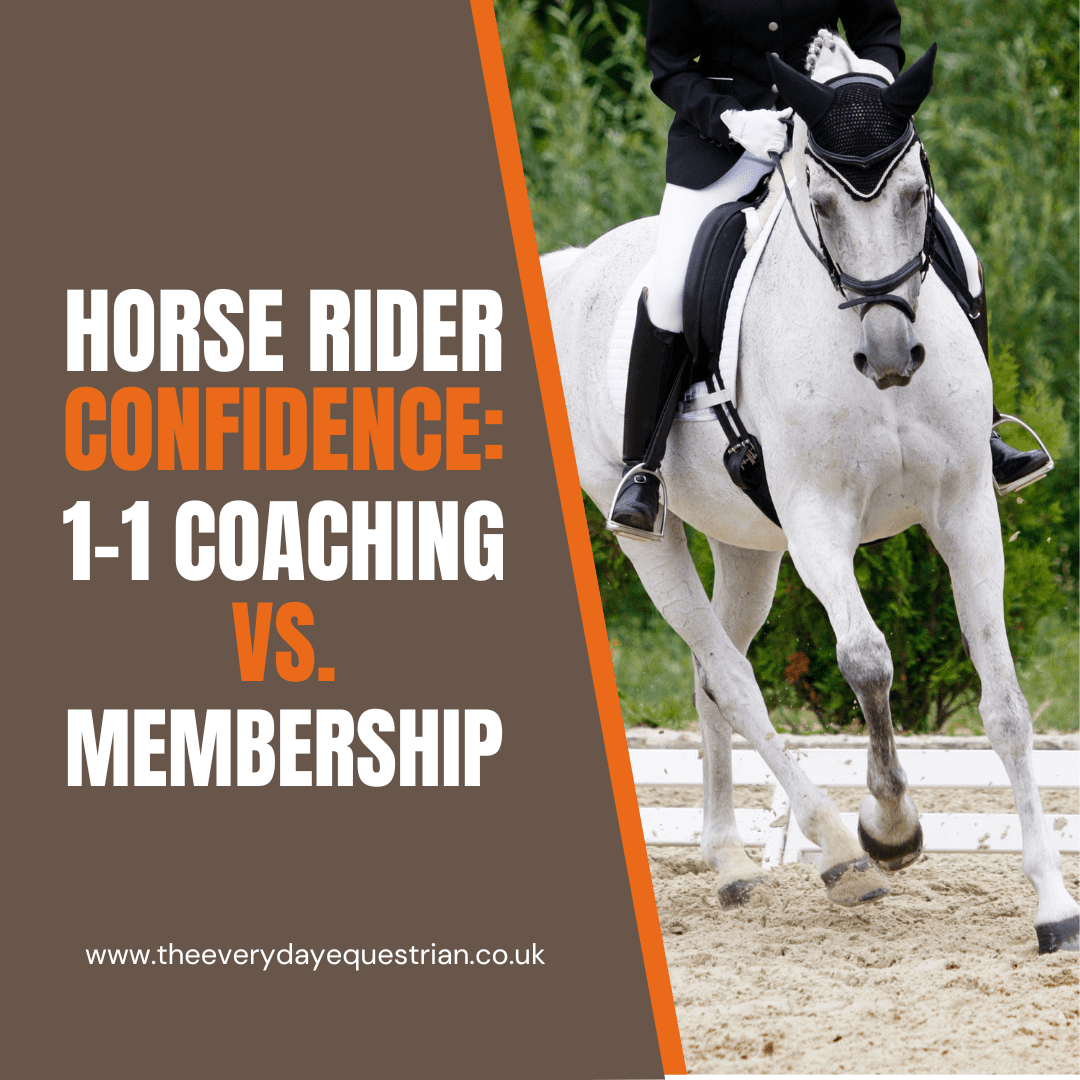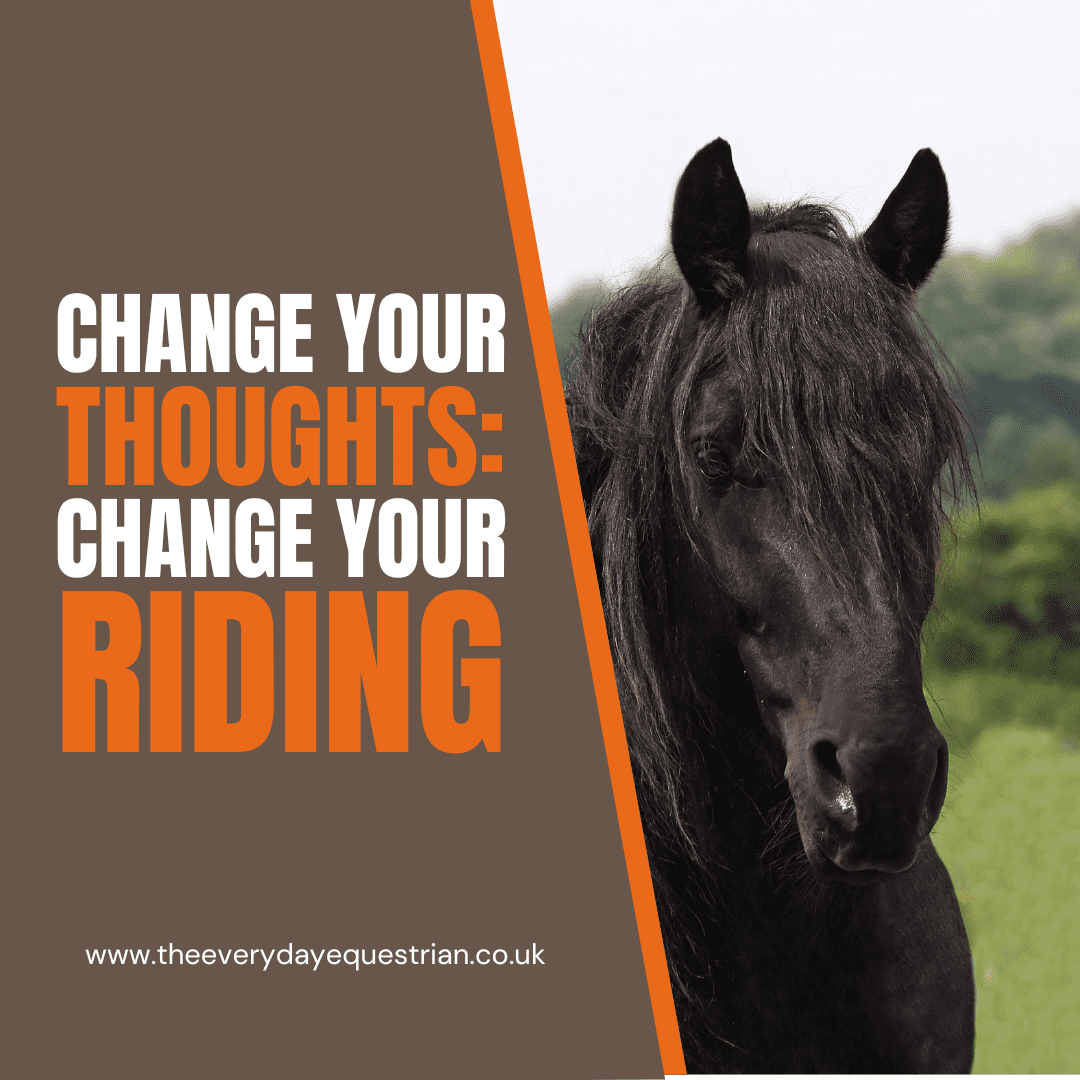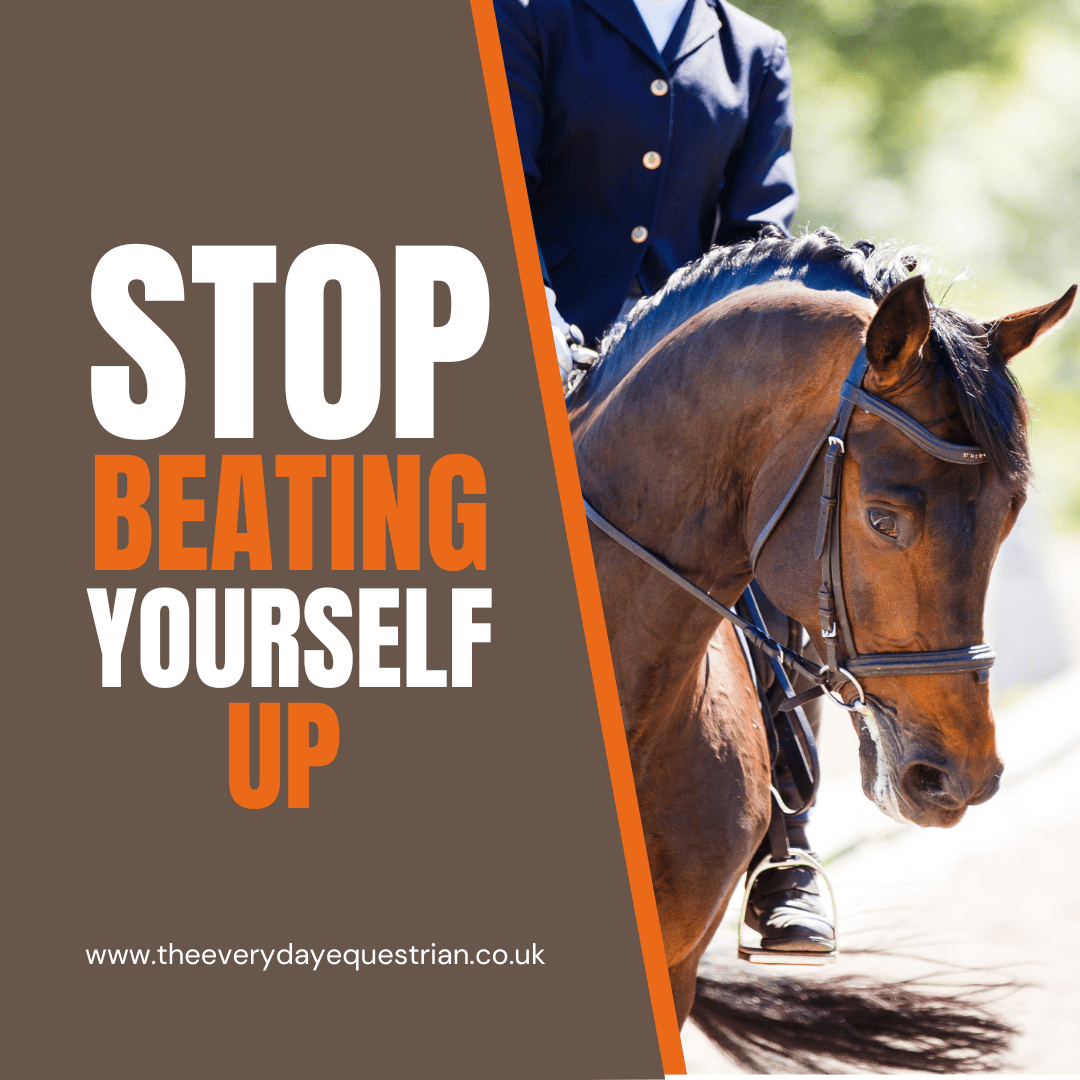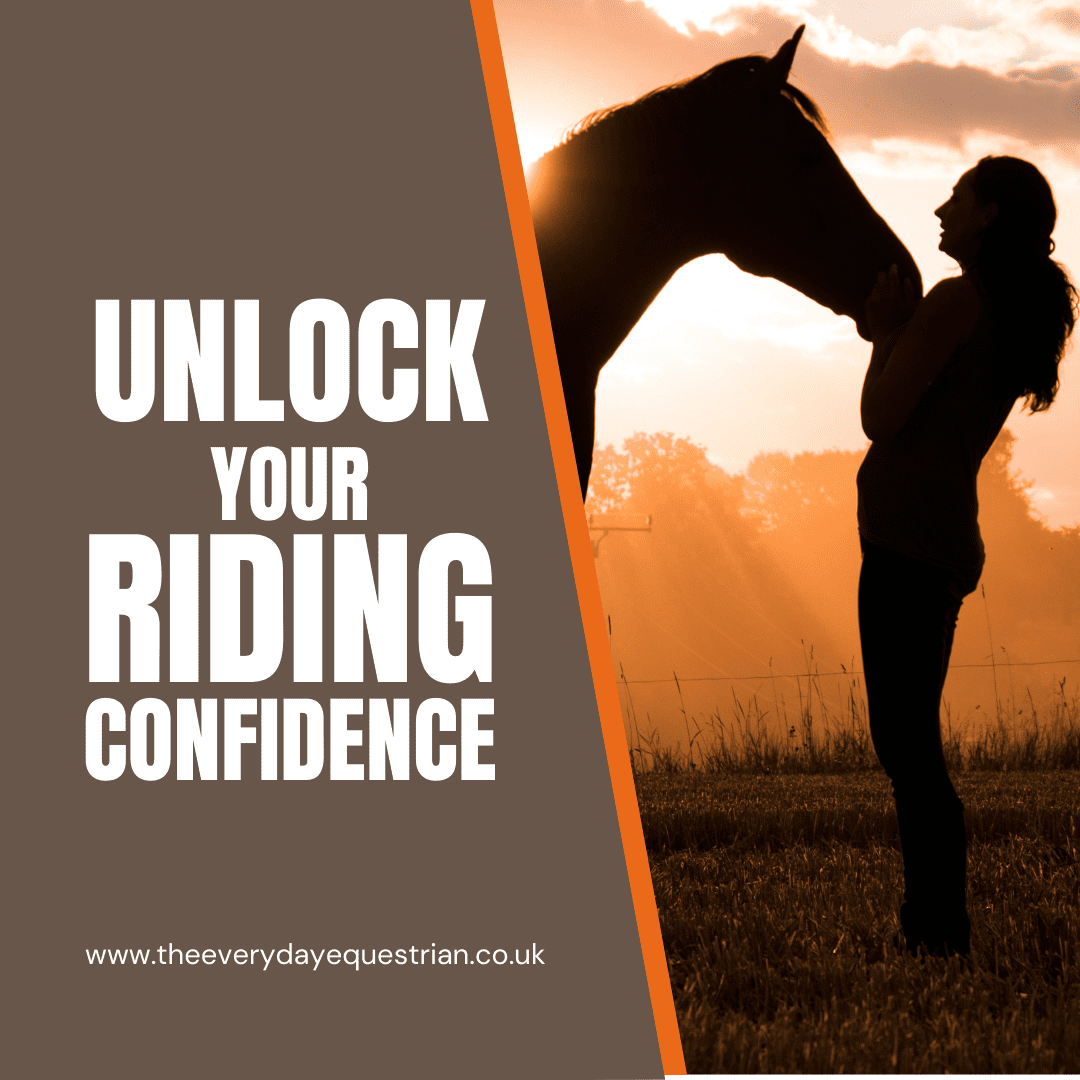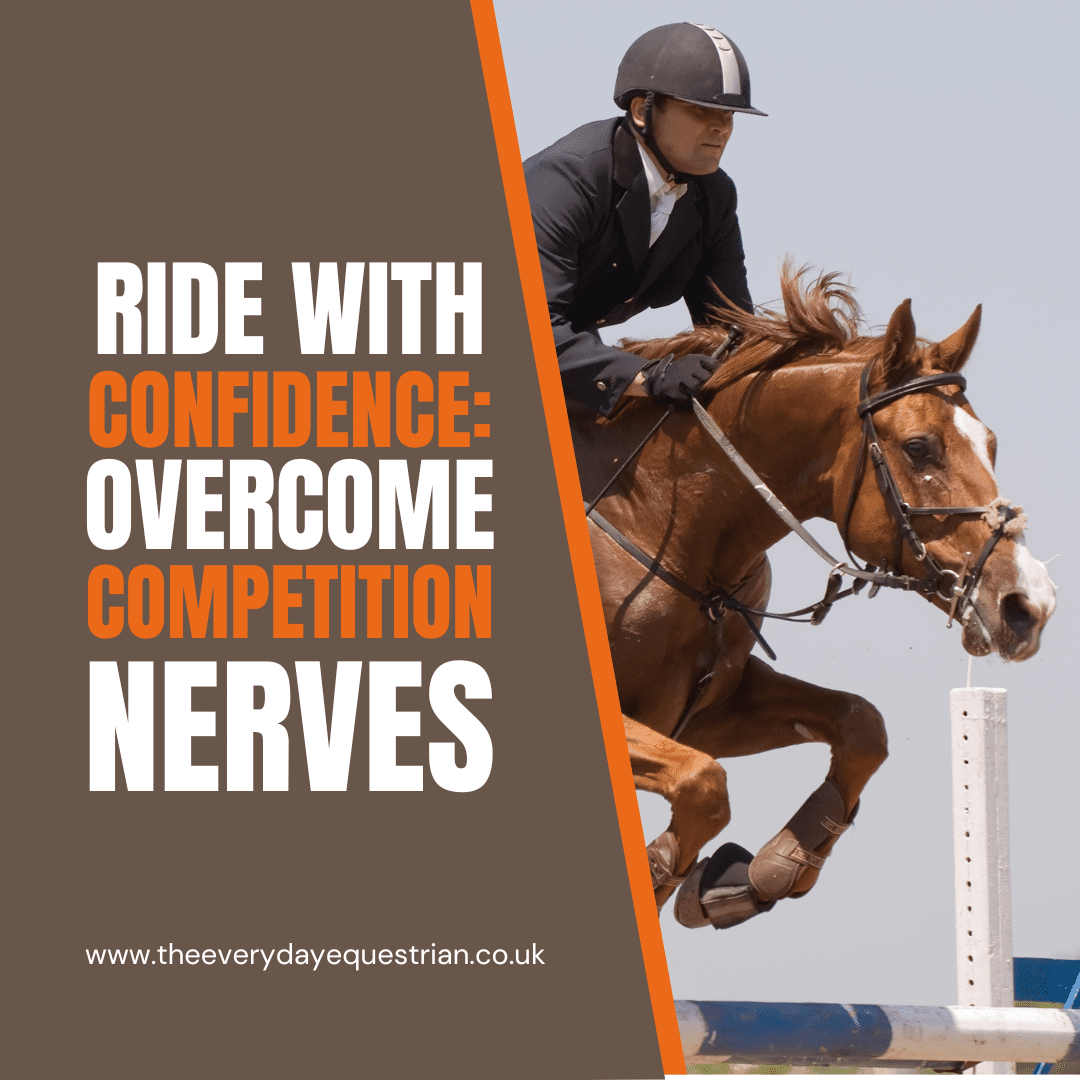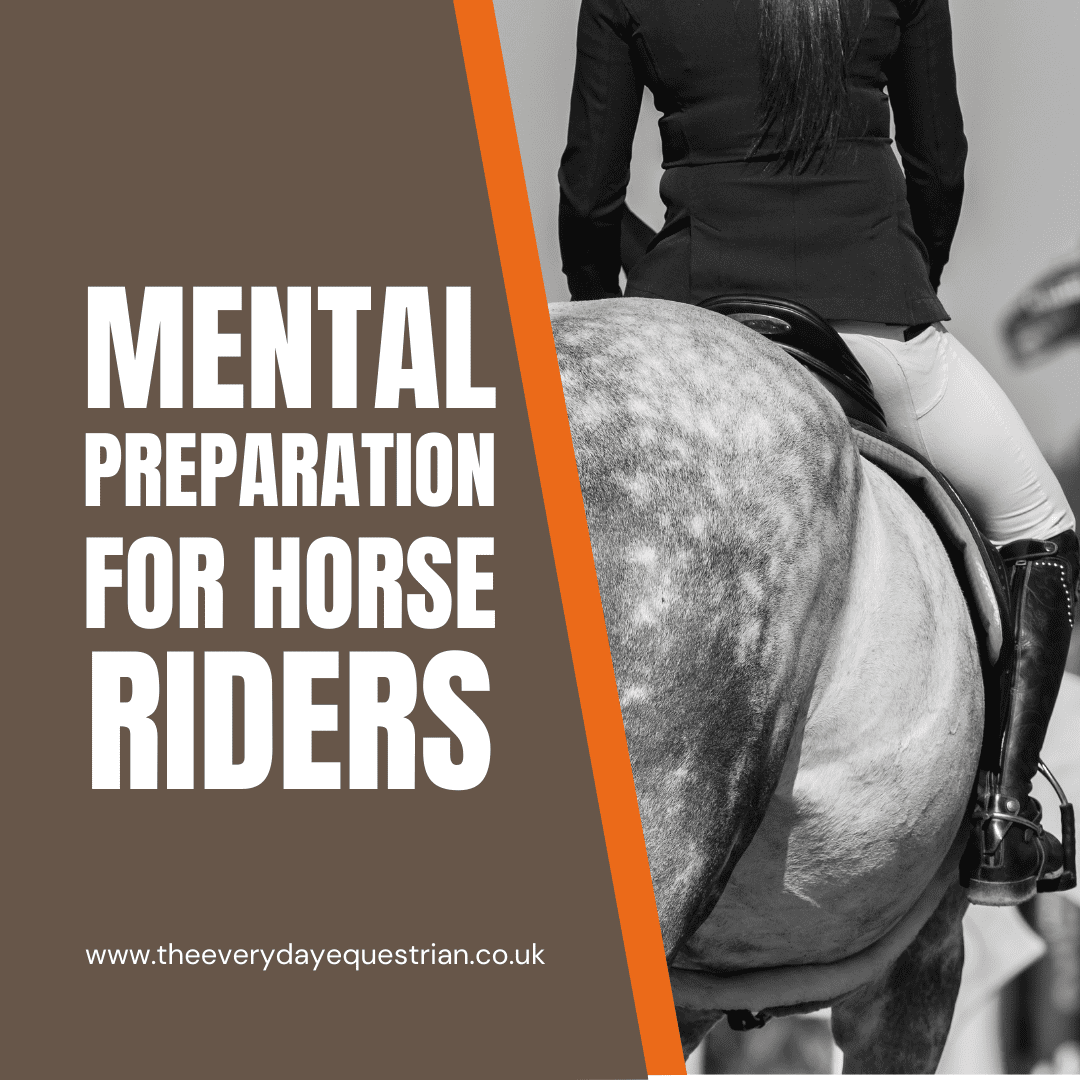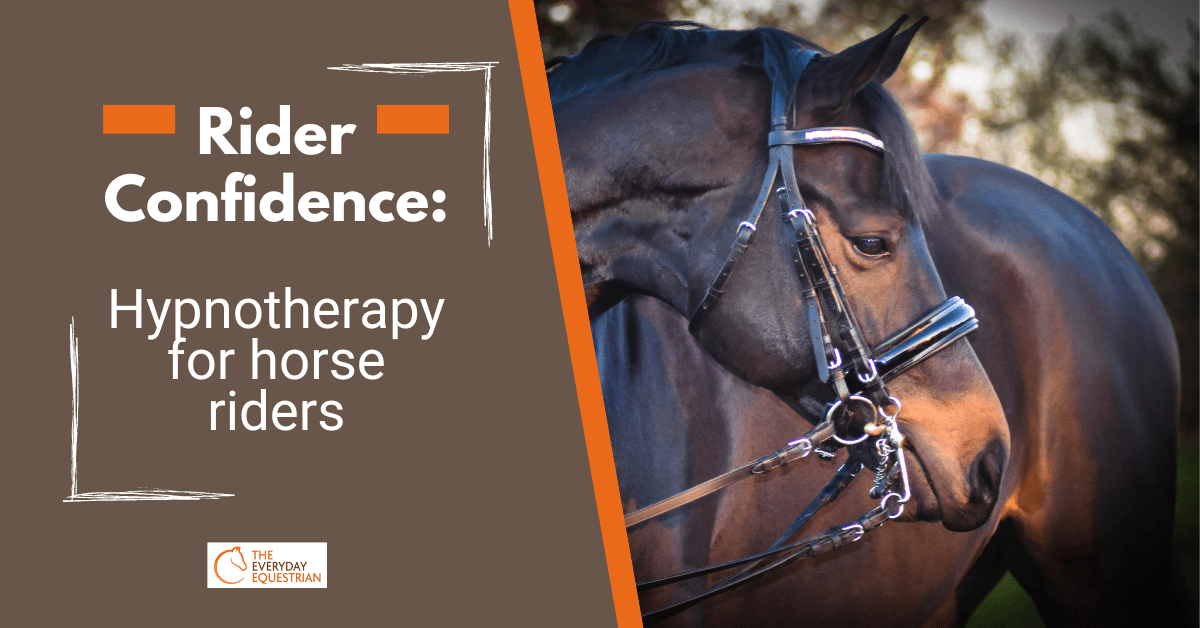Stop being so hard on yourself!
www.theeverydayequestrian.co.uk
I coach a wide variety of different riders and I can honestly say that I love doing it. My clients are primarily grass-roots level and for the most part just want to improve and enjoy the time they spend with their horses. It is so very rewarding seeing the partnership progress and develop, overcoming their fears & problems.
One of the biggest issues that I come across is riders who are just so very hard on themselves. I think it comes from wanting to do their absolute best for their horses and not wanting to let them down. However, this type of thinking is counterproductive. For example, I have clients who constantly talk themselves down, and completely ignore any of the positive things they have done. By focussing on the negatives, the rider becomes more and more downhearted and even less likely to make progress and to achieve their goals. Add to this perceived peer pressure from those around them, and it is easy to see why many people simply stop riding their horses.
So here are my tips for riders who need to overcome those negative voices:
- Keep a diary, and log down any and all positive things after a ride. It really doesn’t matter how big or small these are; it’s a really simple way of tuning into the good things, rather than focussing on the aspects of the ride which weren’t perfect. For example, one of my riders logged that she simply managed to mount her horse and ride walk & trot on both reins in the arena, when it was really windy, something she was incredibly nervous about following a fall.
- When you’re riding, talk out loud explaining exactly what you’re going to do next. Things deals with two issues; firstly, it forces you to breathe which means you more likely to relax. Secondly it makes you plan ahead and focus on what you’re doing, which leaves less space for negative thoughts.
- If you notice yourself being negative, stop and imagine yourself saying those things to a good friend. How do you think it would make them feel? Do you think that they are acceptable comments? Probably not! Imagine what you might say to your friend instead; how would you phrase it? I bet you’d try to focus them on the positives…
- As you’re riding, constantly score an aspect of your riding between 1-10, where 1 is shockingly bad, and 10 is perfect. You could score your level of confidence, the horse’s rhythm, the shape of the school movement you are riding, anything at all! By giving yourself or your horse a score out of 10 every couple of seconds, you will begin to focus on what you are doing, rather than allowing negative thoughts to take hold. Ride with a friend and tell them your score every 2 seconds!
- Don’t expect yourself to be perfect. No-one is perfect. Everybody struggles with one or more aspects of their riding, albeit at different levels. Don’t compare yourself to anyone else; you are where you are, and with support and practice you can improve.
- Take the process one step at a time. It is impossible to solve all your problems all at once; it is important to fix one issue before your move onto the next, and so on, otherwise you’re at risk of ‘paralysis by analysis’.
- Take your time & forgive yourself if it doesn’t work straight away.
- Remember, if you keep doing what you always did, you’ll get exactly what you always got! Seek help & advice from someone that you feel comfortable with and who is experienced & qualified. Don’t be afraid to ask questions & be totally honest about your concerns & goals.
- Be prepared to step a little bit out of your comfort zone. If you don’t challenge yourself a little, you won’t improve.
- Don’t get distracted by people who insist on telling you what you shouldor shouldn’tbe doing. Everybody in the horse industry has an opinion, but it’s important to trust your coach & stick to the plan. If you don’t trust your coach, find someone who you do have faith in!
Overcoming those negative voices is not easy, but it is essential to improve your relationship with and enjoyment of your horse. We all invest huge amounts of time, energy, and money (!!) in horses, and it’s hugely important to make sure that you are both enjoying your time together.
